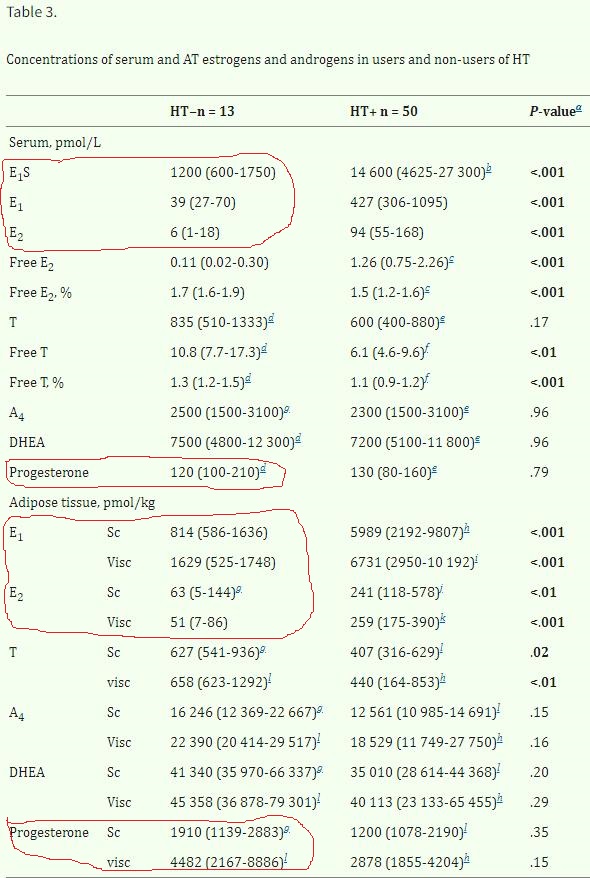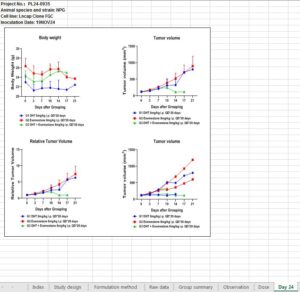One of my readers sent this article via email. In all honesty, I did not expect that I would see a mainstream publication touting the benefits of CO2 for human health. Not only does medicine consider CO2 as little more than metabolic waste (and “terrible” for the climate!), but there is a plethora of publications and warnings about the “harm” caused by elevated ambient CO2 levels to things like cognitive function, mood, energy levels, sleep, and even digestion. In fact, many carbon monoxide (CO) meters are now also equipped with CO2 modules as well, so that the devices can detect elevation in both types of gases in a person’s immediate environment. The rationale is roughly that CO is bad and can kill you almost instantly, while CO2 is just as bad but kills you more slowly and surreptitiously. Thus, both gases are treated as environmental hazards to be closely monitored.
The study below demonstrates that CO2 is in fact highly beneficial in a cellular environment as it prevents the formation of reactive oxygen species (ROS) such as the hydroxyl radical (OH), and thus greatly limiting the threat such ROS pose to genomic stability, and affecting risks for cancer development (if one believes in the genomic theory of cancer). Of course, since CO2 can only form in the Krebs Cycle portion of oxidative metabolism, and its formation is proportional both to the metabolic rate and amount of glucose oxidized (fat oxidation produces less CO2 per molecule, compared to glucose), the study below indirectly says that high metabolic rate and oxidation of primarily glucose is what keeps our cells health and our genome stable. Along the same lines of thought, since the damage of ionizing radiation is manifested primarily through the formation of ROS in living organisms exposed to such radiation, CO2 is likely to be protective in such settings as well. Thus, the researchers propose the study of elevated ambient CO2 as a therapeutic intervention for astronauts in space. On a bit of side, but very important, note the scientists raise a point that most in-vitro studies may be flawed due to their laboratory setup leading to the loss of CO2 from cell cultures before the experiments are conducted. In other words, in-vitro experiments currently likely do not adequately represent the CO2 (and other gases) balance present in living organisms (in-vivo), and unless the in-vitro setup is changed those studies are at best “suspect”, as the study authors themselves state.
http://dx.doi.org/10.1101/2024.08.26.609766
https://www.sciencedaily.com/releases/2024/11/241126191736.htm
“…The cells in our bodies are like bustling cities, running on an iron-powered system that uses hydrogen peroxide (H₂O₂) not just for cleaning up messes but also for sending critical signals. Normally, this works fine, but under stress, such as inflammation or a burst of energy use, oxidative stress damages cells at the genetic level. This is because iron and H₂O₂ react in what’s known as the Fenton reaction, producing hydroxyl radicals, destructive molecules that attack DNA and RNA indiscriminately. But there’s a catch. In the presence of carbon dioxide — that pesky gas disrupting global climate systems — our cells gain a secret weapon in the form of bicarbonate which helps keep pH levels balanced.”
“…A team of University of Utah chemists has discovered that bicarbonate doesn’t just act as a pH buffer but also alters the Fenton reaction itself in cells. Instead of producing chaotic hydroxyl radicals, the reaction instead makes carbonate radicals, which affect DNA in a far less harmful way, according to Cynthia Burrows, a distinguished professor of chemistry and senior author of a study published this week in PNAS. “So many diseases, so many conditions have oxidative stress as a component of disease. That would include many cancers, effectively all age-related diseases, a lot of neurological diseases,” Burrows said. “We’re trying to understand cells’ fundamental chemistry under oxidative stress. We have learned something about the protective effect of CO₂ that I think is really profound.” Co-authors include Aaron Fleming, a research associate professor, and doctoral candidate Justin Dingman, both members of the Burrows Laboratory. Without bicarbonate or CO₂ present in experimental DNA oxidation reactions, the chemistry is also different. The free radical species generated, hydroxyl radical, is extremely reactive and hits DNA like a shotgun blast, causing damage everywhere, Burrows said. In contrast, her team’s findings show that the presence of bicarbonate from dissolved CO₂ changes the reaction to make a milder radical striking only guanine, the G in our four-letter genetic code.”
“…But it also raises the possibility that many scientists studying cell damage have been conducting laboratory experiments in ways that don’t reflect the real world, rendering their results suspect, Burrows said. Chemists and biologists everywhere grow cells in a tissue culture in an incubator set to 37 degrees Centigrade, or body temperature. In these cultures, carbon dioxide levels are raised to 5%, or about 100 times more concentrated than what’s found in the atmosphere. The elevated CO₂ recreates the environment the cells normally inhabit as they metabolize nutrients, however, it is lost when researchers start their experiments outside the incubator. “Just like opening up a can of beer. You release the CO₂ when you take your cells out of the incubator. It’s like doing experiments with a day-old glass of beer. It’s pretty flat. It has lost the CO₂, its bicarbonate buffer,” Burrows said. “You no longer have the protection of CO₂ to modulate the iron-hydrogen peroxide reaction.” She believes bicarbonate needs to be added to ensure reliable results from such experiments. “Most people leave out bicarbonate/CO₂ when studying DNA oxidation because it is difficult to deal with the constant outgassing of CO₂,” Burrows said. “These studies suggest that to get an accurate picture of DNA damage that occurs from normal cellular processes like metabolism, researchers need to be careful to mimic the proper conditions of the cell and add bicarbonate, i.e. baking powder!”
“…Burrows anticipates her study could result in unintended outcomes that may someday benefit research in other areas. Her lab is seeking new funding from NASA, for example, to study the effect of CO₂ on people confined to enclosed spaces, such as inside of space capsules and submarines. “You’ve got astronauts in a capsule living and breathing, and they are exhaling CO₂. The problem is how much CO₂ can they safely handle in their atmosphere? One of the things we found is that, at least in terms of tissue culture, CO₂ does have a protective effect from some of the radiation damage these astronauts might experience. So what you might want to do is push up that CO₂ level. You certainly don’t want to go very high, but having it slightly higher might actually have a protective effect against radiation, which generates hydroxyl radicals.”
Via: http://haidut.me/?p=2726

